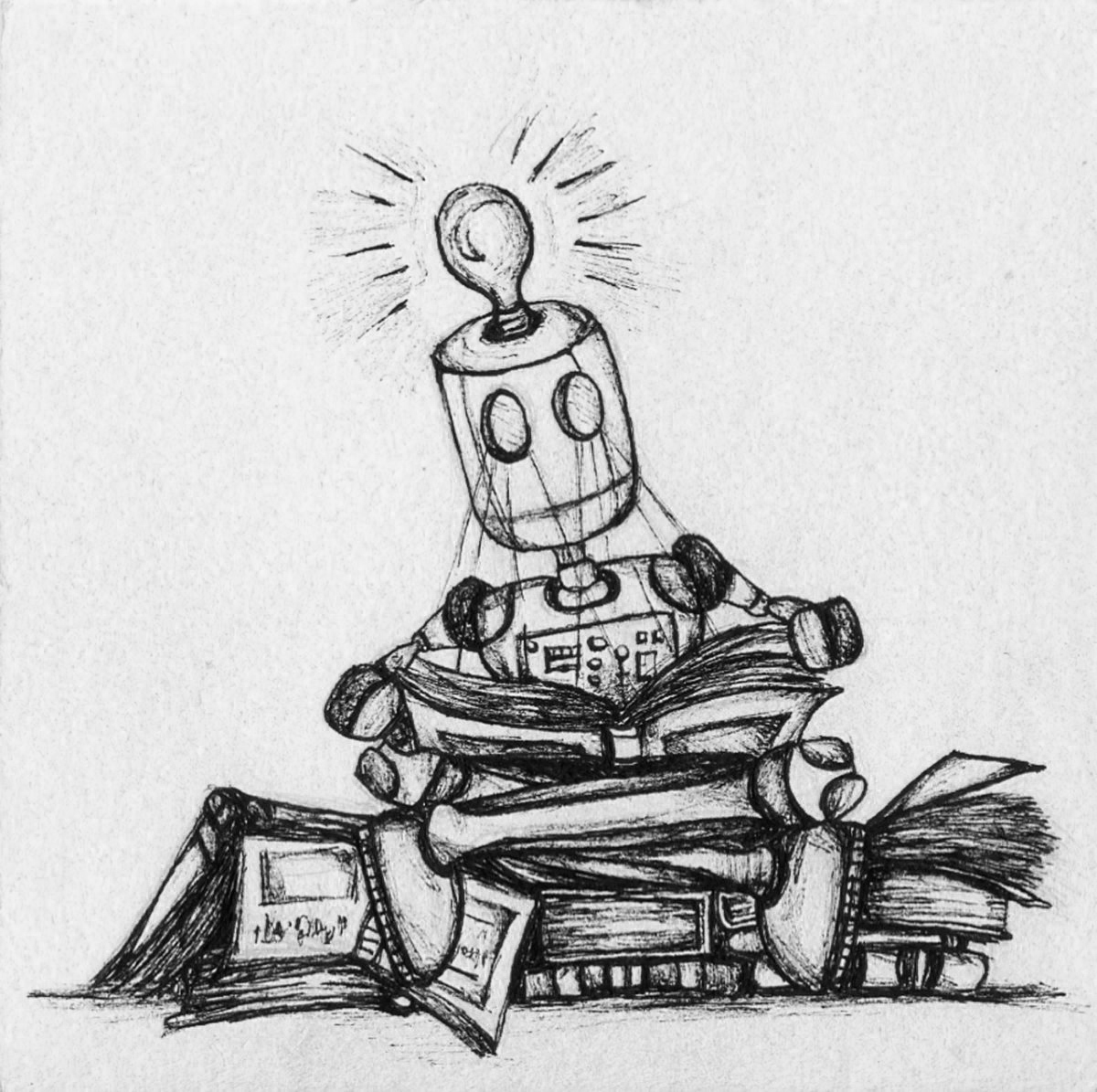Intrinsic motivation has been studied by experts since the 1970s and research suggests that intrinsic motivation occurs as a result of a person’s achievement in something and enjoyment. For example, if a person does well in his/her driving test then he/she will become more motivated to drive in the long-term as a result of this achievement.
Another factor that will help an individual increase
through intrinsic factors is when a person wants to solve problems on their own as a result of their energy, passion and hard work. Moreover, situations like this can help a person become more and more motivated in the future as a result of the internal efforts of the individual.
Another result of intrinsic motivation is when a person is passionate about something. For example, a person who is about football or soccer would be motivated to either train youngsters play the game or join a local team as a result of their passion. Furthermore, the motivation comes from within the person and this might be down to from an early age or might be down to other factors. Nevertheless, the more an individual uses his/her own efforts to do something the more motivated that person becomes.
Some authors distinguish between two forms of intrinsic motivation: one based on enjoyment, the other on obligation. In this context, obligation refers to motivation based on what an individual thinks ought to be done. For instance, a feeling of for a mission may lead to helping others beyond what is easily observable, rewarded, or fun.
Intrinsic motivation has been studied by educational psychologists since the 1970s, and numerous studies have found it to be associated with high educational achievement and enjoyment by students. There is currently no universal theory to explain the origin or elements of intrinsic motivation, and most explanations combine elements of Fritz Heider’s attribution theory, Bandura’s work on self-efficacy and other studies relating to locus of control and goal orientation.




